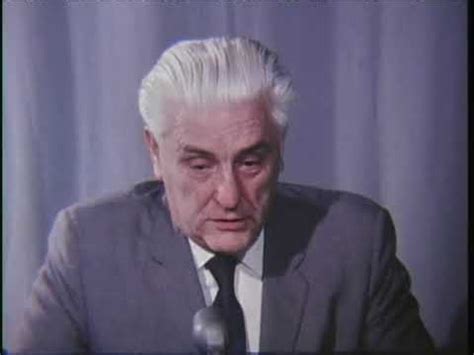A Quote by Nathanael Emmons
Related Quotes
Ageing destroys youth, sickness destroys health, degeneration of life destroys all excellent qualities and death destroys life. Even if you are a great runner, you cannot run away from death. you cannot stop death with your wealth, through your magic performances or recitation of mantras or even medicines. Therefore, it is wise to prepare for your death.
I think present-day reason is an analogue of the flat earth of the medieval period. If you go too far beyond it you're presumed to fall off, into insanity. And people are very much afraid of that. I think this fear of insanity is comparable to the fear people once had of falling off the edge of the world. Or the fear of heretics. There's a very close analogue there.
































